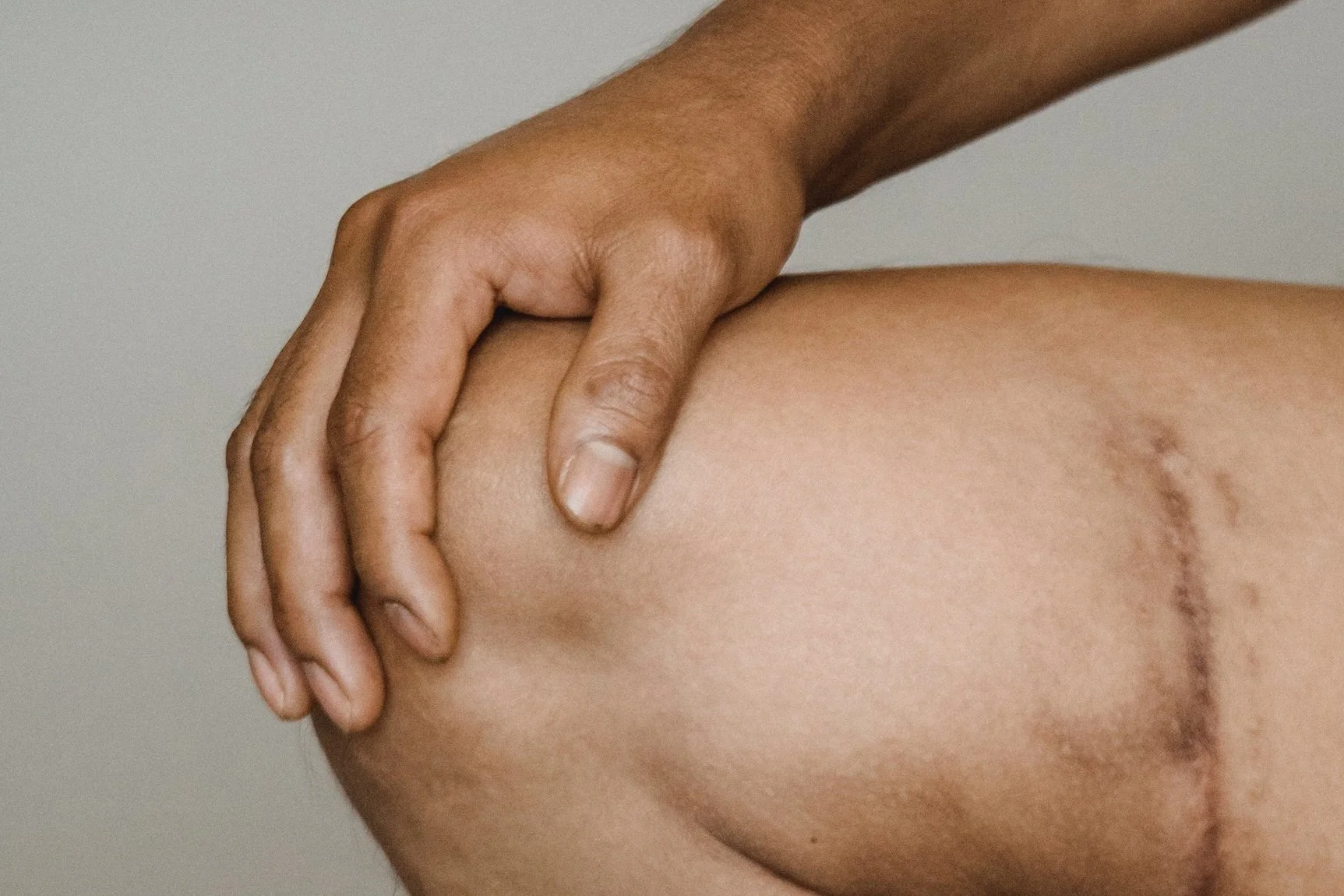This reflection was delivered at the weekly Midday Prayer gathering at St. John’s School of Theology & Seminary in Collegeville, MN.
“Or do you not know that your body is a temple of the Holy Spirit within you, which you have from God, and that you are not your own? For you were bought with a price; therefore glorify God in your body.” — 1 Cor. 6:19-20
I don’t know if this will resonate with many of you, but this passage from Paul was a constant refrain in my childhood. The cheerleaders of Evangelical Protestant “purity culture” loved these verses as a way to discourage any activity they found even mildly objectionable. It could be used to reject anything—from adultery to piercings—as un-Christian. We had an obligation to keep our bodies pure as consecrated containers for holiness. “You were bought with a price,” was followed by a whispered subtext: “So you’d better not mess it up.”
Now, I value many of the ethical principles that were justified with these verses. As evidenced by my tattoos and piercings, I don’t hold to all of them. But a lot of them were good! The way we use our bodies—what we do to them and with them—it does matter. It matters a lot. But we miss a huge part of the picture when we jump to these verses as an outline of our duties. We miss the good news—the reason why it matters what we do with our bodies.
Paul’s temple imagery today resonates powerfully with language from the Gospels. While cleansing the temple, Jesus says, “Destroy this temple, and in three days I will raise it up.” John says that, after the resurrection, the disciples realized the temple in question was Jesus’ body. For us—on this side of the Resurrection—the temple isn’t a symbol of some conservatory of holiness. Nor does it point us to some Wailing Wall of perpetual brokenness. It points us to new life in the paschal mystery—the rejoicing of bones which were humbled and the gladness of a body that was broken.
When we’re reminded by Paul that our body is a temple, this is what we should hear. Not that we need to preserve a fragile purity through fastidious ethical conduct. But that the God who raised the Lord Jesus Christ will also raise us. That, here and now, our bodies have been raised with Christ’s glorified flesh. That my body—with its trauma, its sickness, its “physical allergies and mental obsessions”—is irrevocably united with the humanity of Christ. And so is yours. Baptism took what is broken and united it to something new. It incorporated us into a relationship with God that extends into the very flesh that he took on for us.
And that’s why it matters what we do with our bodies. We keep watch over our bodies as a response of love towards the Spirit of Christ that dwells in us. We tend to our bodies—feeding them, healing them, and, yes, guarding them from sin—because that integration is how we live into our place as the temple of Christ’s resurrected body. Your body is a temple. Your body, like mine, is a site of resurrection—a place of encounter with the new life of Jesus. So let your love for Christ guide you as you use your body. Because in doing so you glorify God.
